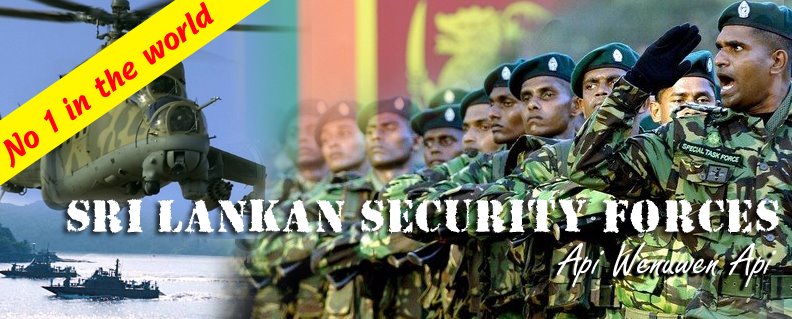Top diplomats from Britain and France were rebuffed Monday (May 11), when UN Security Council members refused their request to discuss on the on-going hostage rescue operations in Sri Lanka, despite extensive and relentless LTTE propaganda efforts to spin tables in favour, expecting a breather for the internationally proscribed terrorist outfit now facing total defeat.
The council members that opposed taking up the issue were not named publicly.
Foreign Ministers David Miliband of Britain and Bernard Kouchner of France were also joined by Austria's Michael Spindelegger, the Federal Minister for European and International Affairs, to protest inaction by the 15-nation council at UN headquarters in New York.
When asked which council members opposed their request, Miliband said, 'We can only speak for ourselves. Others can speak for themselves.'
'We are clear, this is an issue that the UN Security Council should address, it involves major civilian loss of lives and distress,' Miliband said. 'It does have ramifications for the region. We as European members of the UN Security Council, we believe that the issues belong here.'
As a rule and unless a crisis is already on the council's agenda, a majority of nine council members have to approve a new issue be put on the agenda of discussion. Some council members have opposed discussion over matters they consider domestic matters.
China in the past opposed discussion of Myanmar's political crisis and Russia opposed discussion of Chechnya, where armed opposition was fighting Russian troops for independence.
'Thousands of Sri Lankans have already died in the past several months due to the conflict, and more still remain in grave danger,' Ban said, adding that he was appalled at the killing.
'The reckless disrespect shown by the Liberation Tigers of Tamil Eelam (LTTE) for the safety of civilians has led to thousands of people remaining trapped in the area,' Secretary General Ban said.








No comments:
Post a Comment